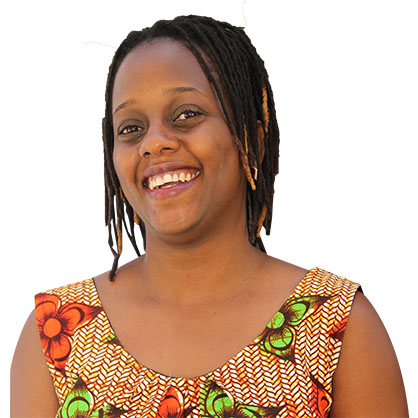By Doris Kwesiga
How can we expect girls to aspire to greatness when they are dealing with teenage pregnancies?
Uganda has a predominantly young population, with 53 per cent projected to be under the age of 18 years in 2020 according to the Uganda Bureau of Statistics’ 2020 Statistical Abstract. The country also has a high number of teenage pregnancies, for example among girls aged 15-19 years, 25 per cent have started childbearing, with higher rates in the rural areas according to the Uganda Demographic and Health Survey 2016 report. These rates are worsened by the COVID-19 pandemic lockdown and closure of schools. Different studies and media reports show an increased rate of defilement, pregnancies and early marriages. For instance in 2020, the Daily Monitor newspaper reported that there were 3,430 teenage pregnancies in Kitgum, 1,014 in Kabale, 200 among school girls in Kibuku and 130 underage girls in Lwengo were married, among others. These are the reported cases. Several others remain unreported.
Many of these pregnancies are as a result of defilement. Some are due to engagement in early sexual relationships, sometimes with peers, without accurate information on how to avoid pregnancy, beliefs in ineffective myths, fear of seeking Sexual and Reproductive Health (SRH) services or denial of access when they do.
The immediate consequences of teenage pregnancies are several but the high mortality rate during birth for teenage mothers, plus frequently conducting unsafe abortions are a serious issue. Other effects, some long term, are the interruption in the girls’ education. Many girls will not return to school, a few may later join vocational education and even fewer will return to the formal education structures they were part of. Other possible effects include contracting HIV, in addition to unemployment and thus lower income. These limit their ability to provide good nutrition and care for their children, thus negative trickle-down effects.
I would like to commend the Government of Uganda for its recent directive allowing pregnant girls to sit for their final exams that are currently underway, giving them extra time, as well as making provisions for those breastfeeding. This is a positive step in trying to ensure girls are educated and acquire the necessary qualifications.
However, what next for the girls who then go home to look after their babies? As we continue reflecting on this year’s International Women’s Day theme,“Women in leadership: Achieving an equal future in a COVID-19 world”, we need to reflect on the path to leadership for girls. One of the fundamental boosters to getting into leadership, especially at a national, regional or global level, is education. Although we do have leaders within communities and beyond who may not have gone far with their education and are doing amazing things, to go to higher levels one needs more skills picked up along the education pathway. It also helps with building networks and increasing exposure, among others.
How then can we get girls to aspire to greater things when many of them have had their dreams suddenly brought to a standstill by pregnancy at an early age? While it is good to address the visible issues like ensuring they sit exams, are these not majorly outcomes of policies, approaches and cultures that are detrimental to the lives of teenagers, their babies, families and communities? I believe we need to understand the root causes of the problems and be bold in addressing them.
One of our focus areas should be on increasing access to SRH information and services among adolescents. For instance, with adequate information about SRH, pregnancy and its negativities among younger women, they would know how to protect themselves and avoid pregnancy in the first place or other diseases like HIV/AIDS, where possible. More so, actually ensuring availability of services to those who make informed decisions to use them, would be helpful. However, this goes hand in hand with passing national policies that are progressive to this end.
Additionally, the issues of Sexual and Gender Based Violence (SGBV) are key and should not be avoided. Part of this could involve engaging boys and men as partners in fighting SGBV, alongside provision of safe reporting avenues for victims, and ensuring access to justice. Indeed, another challenge to adolescents realizing their SRH rights is our cultures and beliefs. However, changing cultures is not an overnight process, but one step at a time could make a difference, starting with sensitising communities that SRH services are not necessarily promoting immorality but also saving lives.
Ms Kwesiga is a Research Fellow at Center for Health, Human Rights and Development (CEHURD).
A version of this article was published in the Daily Monitor Newspaper on 15th March 2021 page 17.

